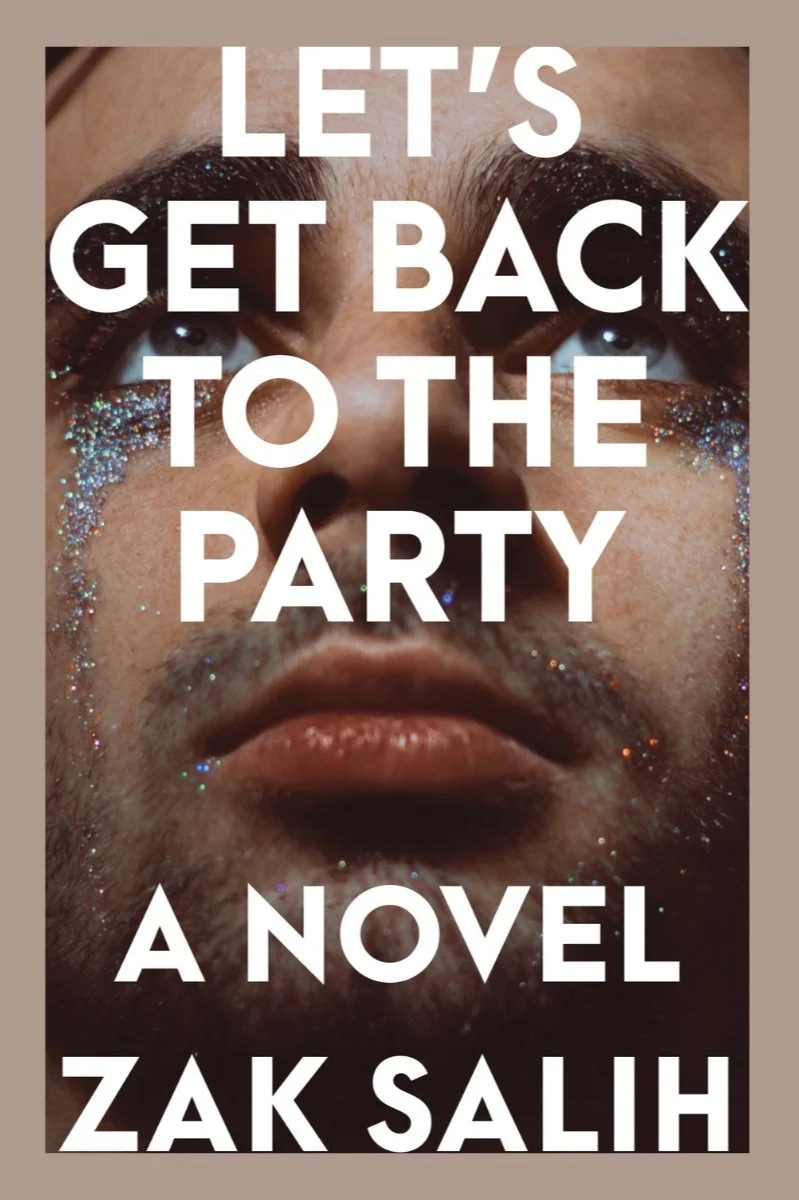Forty Acres Deep – Michael Perry
Michael Perry’s “Forty Acres Deep” may be short, but it carries the emotional weight of a full-length novel in its 130-pages.
Here, the author explores heavy topics: loss, survival and the quiet erosion of a way of life. It’s a book that operates on multiple levels — an intimate character study, a eulogy for small-scale farming and an unflinching look at the toll of solitude.
The story follows Harold, a semi-retired farmer in rural Wisconsin, who is adrift in a world he no longer understands. One morning in the deepest days of winter, he wakes to find his wife dead beside him. Instead of notifying authorities, he places her body on the porch, preserving her in the brutal cold while he wrestles with his regrets.
Their marriage, long fractured by the loss of their infant child, had become a silent arrangement – two people coexisting but never truly reaching for each other. Only in her absence does Harold begin to recognize the understated gestures of love she extended: warm breakfasts, helping with chores, all the small acts of care that become unbearable reminders of his own failures.
Perry’s writing is remarkably immersive, pulling the reader into Harold’s world with sensory precision. Even if you’ve never stepped foot on a farm, his descriptions make you feel the chill of the wind cutting across an empty field, hear the distant hum of machinery, smell the cloud of burning diesel and sense Harold’s guilt weighing on him like the snow pressing down on his pole barn roofs.
For those with ties to agriculture — especially in the Midwest — this story feels deeply personal, a reflection of the pressures, expectations and economic realities that have reshaped farming communities.
One of the novel’s strengths is Perry’s refusal to turn Harold into a caricature. He’s neither a gruff, salt-of-the-earth stereotype nor a curmudgeonly conservative railing against progress. At his core, he is a man who simply wants to be left alone to navigate the tension between tradition and an evolving world.
Perry weaves in fascinating farming details without condescension, treating both the profession and its people with respect. Harold’s interactions with the encroaching urban sprawl are fraught, underscoring the growing divide between rural and urban sensibilities and reflecting the frustrations of those who feel marginalized by a society that wants to push them aside.
The novel also raises questions about mental health, particularly in rural communities. Harold’s gradual unraveling – his violent outbursts, neglect of his animals and eventual surrender to the long sleep – paints a bleak portrait of how isolation, unprocessed grief and financial hardship can push someone toward the edge.
The novel’s final act is devastating yet inevitable, culminating in a decision that is both tragic but, in Harold’s mind, redemptive.
Despite its heaviness, “Forty Acres Deep” isn’t entirely grim. Perry threads in dark humor and sharp observations, offering moments of levity amid the sorrow. Some lines are so precise they feel like truths you’ve always known but never articulated:
“He wondered sometimes if the much-vaunted Midwestern work ethic was simply a means of emotional avoidance.”
“Talk radio is just bumper stickers out loud.”
“It was odd to be legally blameless for her death and yet understand he was wholly culpable.”
The novel’s closing passage is a gut punch:
"I did it this way because there is no need for me anymore. But there is a great need for you. For your child. For I guess what I’d call fresh hearts.”
I tackled this as a hybrid read/listen, but mostly stuck to the eBook as I was missing subtle details while listening. Narrated by Perry himself, his voice perfectly embodies Harold’s world-weariness, adding another layer of authenticity to the experience.
In the author’s notes, Perry highlights the high suicide rates among agricultural workers – an unsettling truth that makes me hope readers approach this with sympathy for a way of a life they may never fully understand.
The next time I pass a small farm, I know I’ll think of Harold.
Rating (story): 4/5 stars
Rating (narration): 4/5 stars
Format: Hybrid read/listen (library loans)
Dates read: January 23 – January 30, 2025
Multi-tasking: Not recommended. I only switched to the audiobook because life got busy. You really do miss the simple details that Perry infuses into the character and his life when listening.





